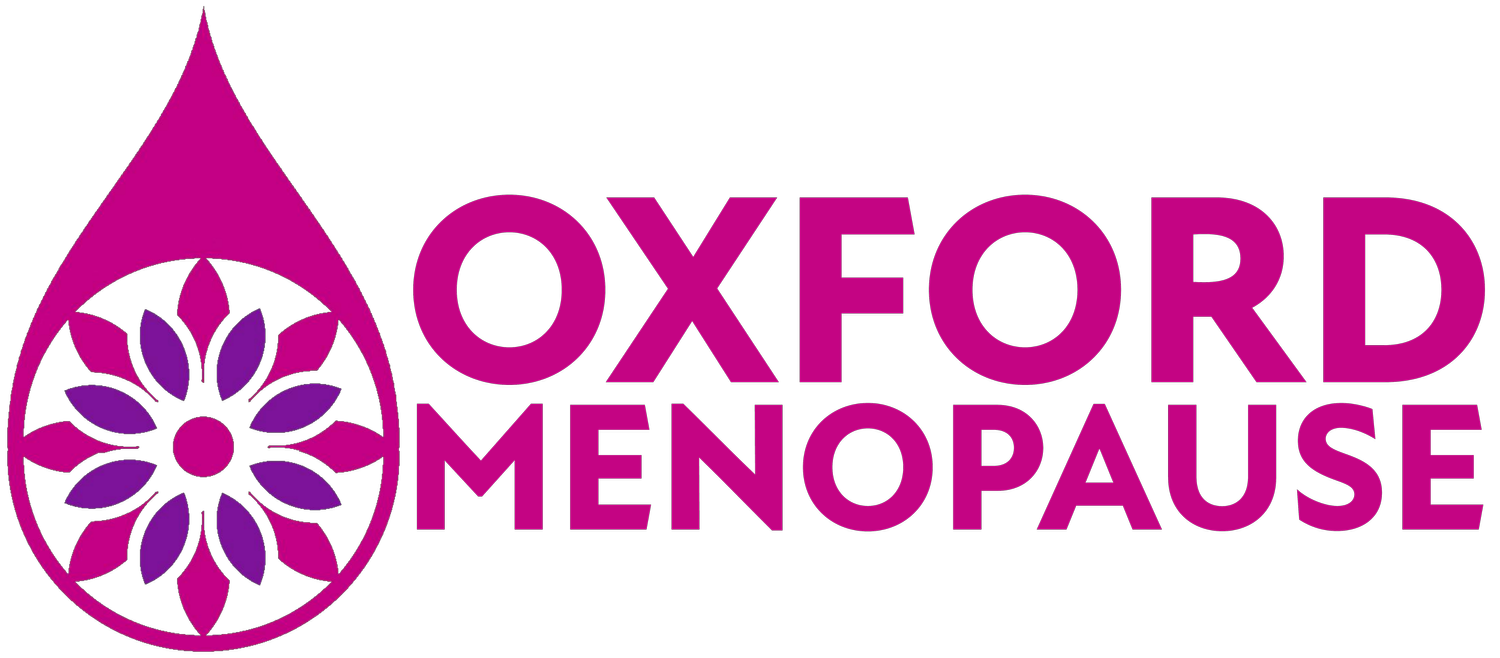What is the Menopause and Perimenopause?
For most women, the menopause is a natural stage in a woman’s life, periods (meno-) become absent (-pausos) because of the ovaries running out of eggs and no longer producing them. It is associated with a decline in oestrogen, progestogen and testosterone, the falling levels of these hormones are responsible for the huge variety of symptoms women can experience.
When does it happen?
Menopause usually occurs after the age of 45, in the UK the average age is 51. Early menopause occurs in women before the age of 45 menopause and in women who are under 40 it is termed premature ovarian insufficiency (POI). POI can sometimes be familial with a genetic cause but for many women the cause is not known. The term ‘postmenopausal’ is commonly used and can be confusing, this simply means a woman who is beyond 12 months from their last menstrual period.
But what is perimenpause?
Perimenopause is defined as any time from the onset of menopausal symptoms until 12 months after the last menstrual period. Many women experience symptoms well before their periods change/stop, symptoms can continue for many years and each woman’s experience of the perimenopause is unique.
SYMPTOMSOF PERIMENOPAUSE CAN INCLUDE...
- Changes in menstrual cycle- periods can become closer together or space further apart, heavier, irregular, or lighter
- Hot flushes and night sweats
- Headaches or dizziness
- Vaginal dryness
- Difficulty sleeping
- Mood swings
- Anxiety
- Muscle and joint aches/pain
- Memory problems
- Loss of interest in sex (libido)
- Weight gain
- And many more
OTHER CAUSESOF MENOPAUSE
Some women become menopausal due to their ovaries being surgically removed, this may be part of treatment for cancer or other non-cancerous issues in the ovaries or in some circumstances, when women experience severe mood disturbance associated with their periods (premenstrual dysphoric disorder-PMDD). This is referred to as a ‘surgical menopause’. Women who have chemotherapy or radiotherapy as part of cancer treatment and some treatments for endometriosis that prevent the ovaries functioning normally or at all may also develop menopause, in many cases earlier than would be expected.
How is menopause diagnosed?
In women over 45 who are experiencing symptoms, there is no test that is required to diagnose menopause. Changes in your menstrual cycle and symptoms of the perimenopause are sufficient to make the diagnosis. If you are unsure whether you may be menopausal, the Greene Climacteric Scale questionnaire is a useful tool which you can access through our website (www.oxfordmenopause.com/questionnaire). In women under 45 your doctor may consider checking follicle stimulating hormone (FSH) through a simple blood test, raised levels are suggestive of menopause and it is quite usual to repeat the blood test after 4-6 weeks to confirm the diagnosis as levels can vary. This is particularly important to check in women under 40. In addition, in young women under 40, other blood tests/investigations are frequently arranged to see if there is a specific cause for the woman’s early menopause. Certain genetic, autoimmune, or other medical causes can be associated with an early menopause and it important these are diagnosed.
